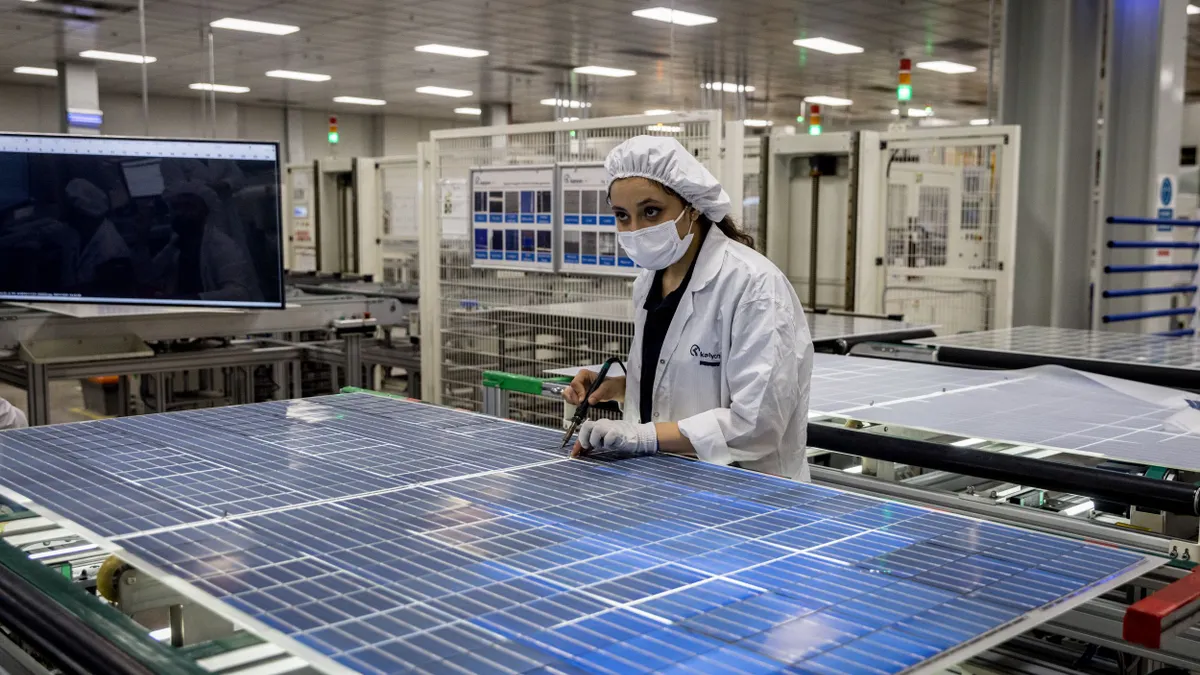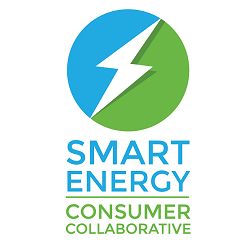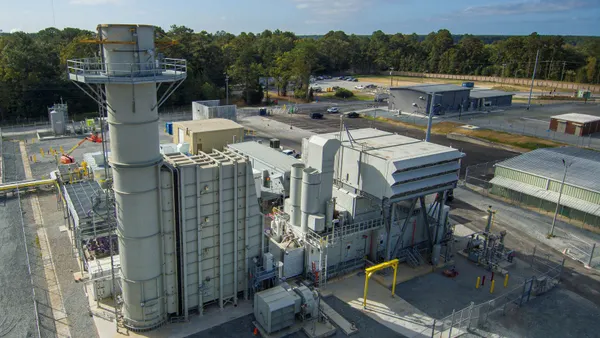With Corning’s Michigan silicon ingot and wafer factory now online, the United States can produce all major components of the solar supply chain, the Solar Energy Industries Association said in a Wednesday release.
SEIA also said that since the end of 2024, domestic manufacturing capacity has increased “across every major segment of the solar and storage supply chain,” and as of last month, the U.S. has surpassed 60 GW of domestic solar module production capacity – a 37% increase from last December.
“The surge in production of downstream components like modules has ensured there is sufficient demand for upstream manufacturing,” SEIA said. “Since the end of 2024, U.S. solar cell production capacity has more than tripled, rising from 1 GW to 3.2 GW.”
Hemlock Semiconductor and its parent company Corning announced the ingot facility last October, a few days after the U.S. Treasury Department issued final rules for the CHIPS and Science Act clarifying that solar ingot and wafer production facilities and equipment qualified for its 48D 25% investment tax credit.
“This quarter, we expect to move from producing thousands of wafers a day to more than 1 million a day,” Corning CEO Wendell Weeks said during the company’s Tuesday earnings call. “So needless to say, this is an exciting and stimulating time for us. As we've shared, we have committed customers for more than 80% of our capacity for the next five years.”
Weeks said the company will be “applying our advanced manufacturing capabilities to establish ourselves as the global low-cost producer even as we're based in the U.S.”
The U.S. solar manufacturing pipeline includes 23 GW of solar module capacity, over 34 GW of solar cell capacity, 25 GW of inverter capacity and 95 GWh of battery cell capacity, SEIA said.
SEIA noted that U.S. manufacturing of inverters has grown by nearly 50% since the end of last year, with capacity surging from 19 GW to 28 GW.
In addition, U.S. mounting system manufacturing grew 14% and added 23 new factories since the end of last year, SEIA said.
However, the group said it has concerns that the Trump administration’s “policies, regulations, and trade actions which have contributed to industry uncertainty” might dampen domestic demand and manufacturing growth.














